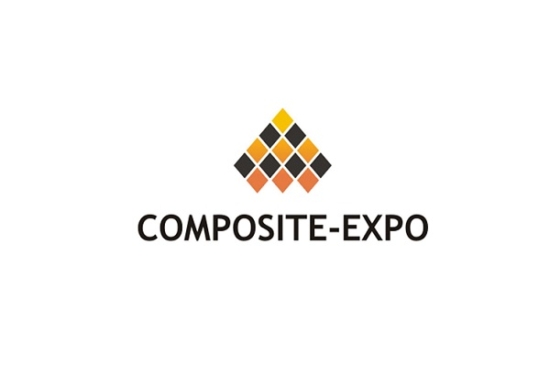
On July 29, 2024, the U.S. Department of Commerce’s Bureau of Industry and Security (BIS) proposed a series of transformative new rules designed to strengthen controls under the Export Administration Regulations (EAR) related to military, intelligence, and security activities. These proposed changes will impact how companies manage exports and interact with end-users, expanding restrictions to cover a wider range of activities and entities. These proposed changes further the U.S. government’s policy goal of using export control regulations to protect human rights around the world.
The proposed rule expands controls on the activities of U.S. persons, strengthens end-use and end-user restrictions, and adds a definition of a specific ECCN for facial recognition software. BIS and the Directorate of Defense Trade Controls (DDTC) are seeking public comments on the proposed rule until September 27, 2024.
Below is a detailed description of what these proposed changes are and how they might affect your business.
Key Takeaways
- Expanded end-use and end-user control: The proposed rule introduces broader definitions and stricter controls on end-users and end-uses. Specifically:
- Military End Users and End Uses: The new definition of “military end user” now includes not only national armed forces and the National Guard, but also private military companies, mercenaries, and irregular forces. The proposed rule would expand the scope of end-use and end-user controls to include All items subject to the EAR (not just the items specified in Supplement No. 2 to Part 744 of the EAR) and expand the country scope of these end-use and end-user controls to apply to Group D countries: 5, plus Macau.
- Intelligence End Users: The rules now classify any government intelligence or reconnaissance organization and its supporting entities as an intelligence end user. This broader definition includes a range of functions from planning and analysis to dissemination of intelligence. The updated controls apply to All items subject to the EAR And applicable to Country groups D and E are not listed in country groups A:5 and A:6.
- Military Support End Users: Adding a definition of “military support end user” would regulate entities that provide support for military end uses. These rules would prohibit exports Any product specified by any ECCN in the Commerce Control Listwhen it is known that the item is intended for a “military support end user”, D: 5 countries or Macau.
- Foreign Security End-Users: The proposed rule would expand the definition of “foreign security end user” to include governments and other entities engaged in law enforcement and security functions. The proposed rule prohibits the export, re-export, or transfer of Any ECCN-designated commodity in the Commerce Control Listwhen it is known that the item is intended for a “foreign secure end user” in a listed country Country Group D: 5 or E.
- Strengthening control over personal activities in the United States: The changes also impose new restrictions on U.S. persons involved in export activities:
- General Support: Overall, the definition of “support” remains largely unchanged, except for some clarifying revisions. “Support” still includes the transportation, transmission, or assistance in the transportation of goods for a covered end-user, as well as the performance of any contract, service, or employment for a covered end-user. U.S. citizens may not engage in any of these support activities with respect to a covered end-user. The proposed rule would also carve out an exception for freight forwarders and common carriers to mitigate (but not eliminate) some of the onerous due diligence requirements.
- Military End Users: U.S. citizens require a license to conduct any activity related to the development or production of items for military end users.
- Intelligence End Users: Providing support to intelligence end users or entities on the list of entities designated in footnote 7 is prohibited.
- Military Support End Users: Prohibits support to military support end-users listed in footnote 6 of the Entity List.
- Foreign Security End-Users: Prohibition on providing support to foreign securities end-users or entities on the Entity List specified in footnote 8.
- New item controls: The proposed rule also adds facial recognition technology to the Commerce Department’s controlled list:
- Facial Recognition Systems and Software: ECCN 3A981 will now include facial recognition systems, while ECCN 3D980 and 3E980 will cover facial recognition software and technology, respectively. The move reflects the growing importance of controlling advanced technologies.
Overall, the BIS proposed rules represent significant changes to export controls with broad implications for how companies handle sensitive technologies and interact with various end users. By expanding definitions and tightening restrictions on military, intelligence, and security-related activities, the changes are intended to address emerging security concerns and ensure greater oversight. Companies will need to adjust their compliance strategies to accommodate the new controls, including updating their processes for managing end uses and end users and for handling facial recognition systems and software.











Leave a Reply Cancel reply
You must be logged in to post a comment.